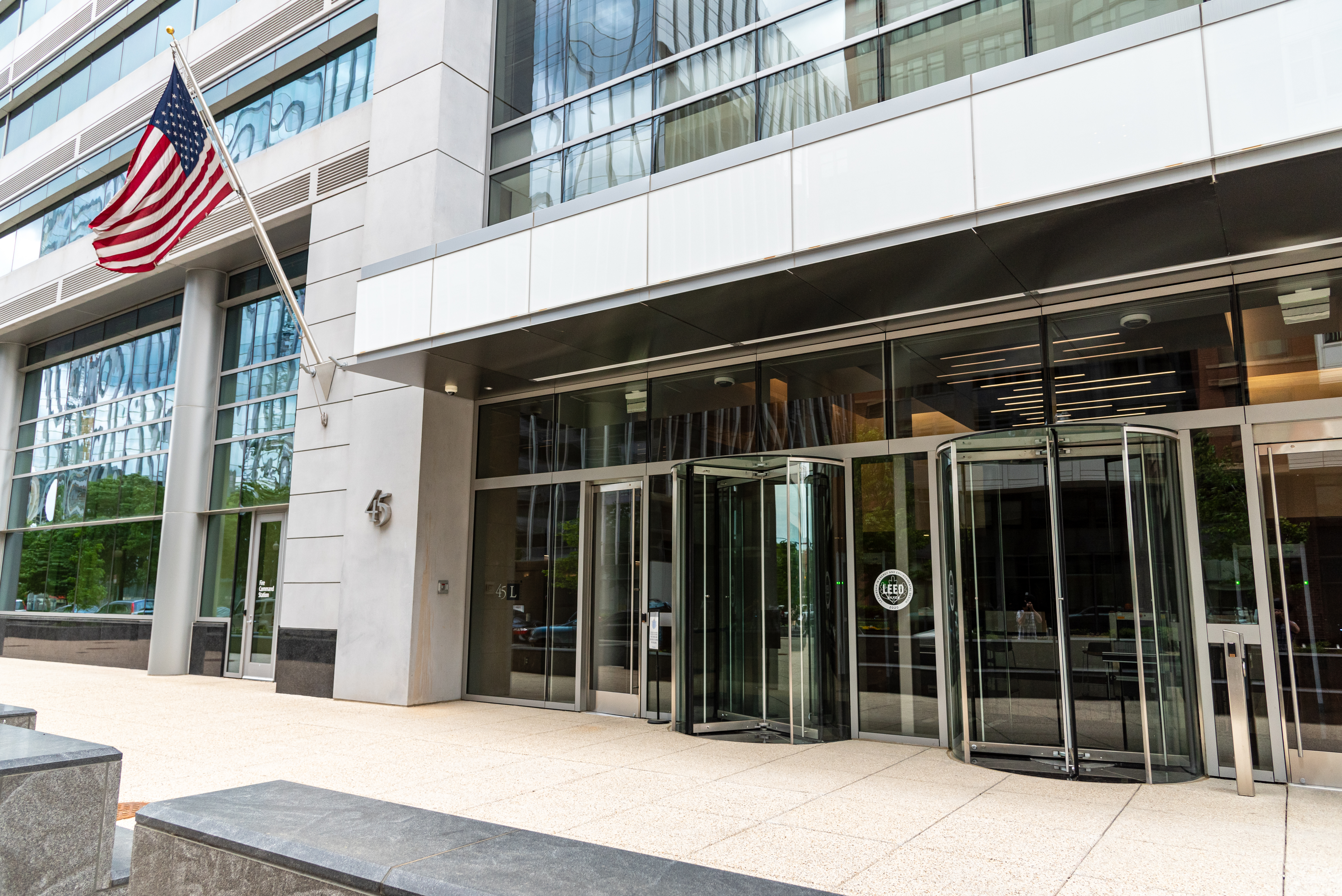FCC at NAB 2013: Broadcasters' roles 'eye-opening' during Superstorm Sandy
FCC Commissioners Jessica Rosenworcel and Ajit Pai today addressed broadcasters during the “Straight Talk” forum at the 2013 NAB Show.
While the commissioners should be applauded for delivering “straight-talk” answers to multiple complex questions, ranging from retransmission consent to a la carte pay TV, none was more thorny, complicated and potentially threatening to broadcasters than the combo of the incentive auction and repacking of television spectrum. On that issue, too, the commissioners deserve high marks for being forthright.
Television broadcasters should be heartened by the understanding both Rosenworcel and Pai exhibited discussing the interrelated topics. Both said their top priorities for the process were: 1) that those wanting to remain in the television business have a fair opportunity to do so and that the impact of any repack is minimal on viewers; 2) that the auction and repack addresses growing wireless congestion; and 3) that the revenues raised are sufficient to fund the rollout of a nationwide broadband network to meet the communications needs of emergency first responders.
While these priorities — especially first one — should give TV broadcasters hope that in the end they will be able to get back to the business of broadcasting over-the-air television, a realistic assessment of the pair’s performance must acknowledge that the most prudent approach for TV broadcasters to take vis-à-vis the FCC is one of caution. Early in the session, both — Rosenworcel, in particular — emphasized that broadcasters have an obligation to serve the public interest.
The admonition to be cautious comes from the fact that Rosenworcel called it “eye-opening” to hear the stories of broadcasters who communicated lifesaving news and information in the wake of Superstorm Sandy during agency sponsored public hearings.
One was left wondering how the top level of the very agency responsible for regulating TV broadcasters could need to have its “eyes opened” about the vital role broadcasters historically have played in keeping the public plugged in to critical warnings and an exemplary record of fulfilling their obligation to serve the public interest, especially when lifesaving information is needed — even in the face of personal danger.
Get the TV Tech Newsletter
The professional video industry's #1 source for news, trends and product and tech information. Sign up below.
